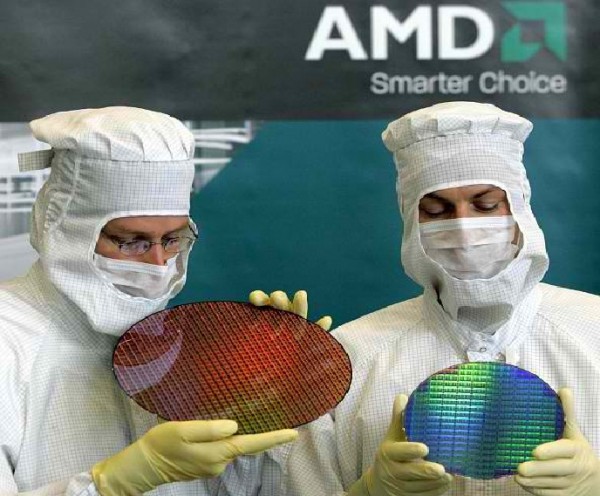
For several years now AMD has relied on the ARM architecture for the manufacturing of its server processors. Recently, the chip manufacturer announced that it is finally cutting ties with ARM and instead focus its effort towards the x86 architecture as part of its strategy to reboot its server division.
Instead of using ARM-based chips for its server products, AMD is once again betting towards the x86 chips, this time combined with the promise of the Zen architecture which the company is pinning its hopes to regain its market share, according to Seneca Globe.
The first ARM-based AMD Opteron A-series chips were shipped earlier this year following a series of delays. The company's first server processors which is based on the custom ARM-based core, dubbed as K12 core, is estimated to hit the market sometime next year. On the other hand, AMD is also planning to focus on the Zen and x86 for its server business next year.
When the ARM server technology was first released, many were positive that it will be quickly adopted by enterprise customers. However, due to slow adoption and performance, the technology was eventually overshadows by its x86 counterparts.
In a statement acquired by InfoWorld, AMD chief executive officer Lisa Su said, "The demands of the data center are very, very high, and so to get what I would call good-enough capability, we're still quite not there." Su added that despite the company's interest towards the x86 architecture, the company will not forego its ARM portfolio.
ARM started building its server processors based on ARM in 2013. Back then, ARM was a popular choice for mobile devices and AMD may have thought that the low-power requirement would somehow supplant the aging x86 architecture. Unfortunately for AMD, the decision to shift to ARM has greatly affected its server market. The company's biggest rival, Intel, decided to stick to the x86 architecture and has since then dominated the market.



